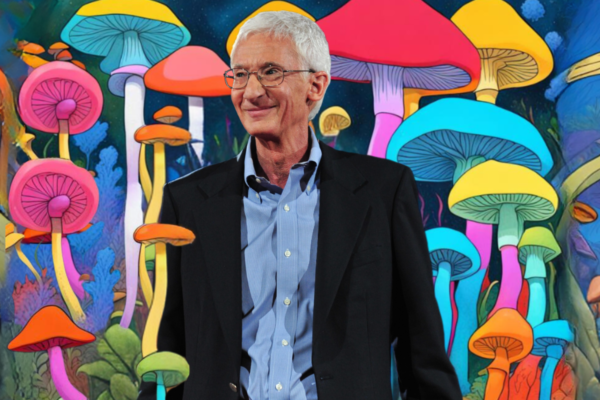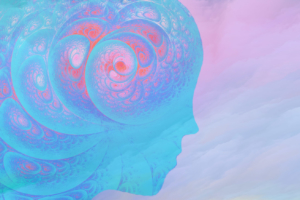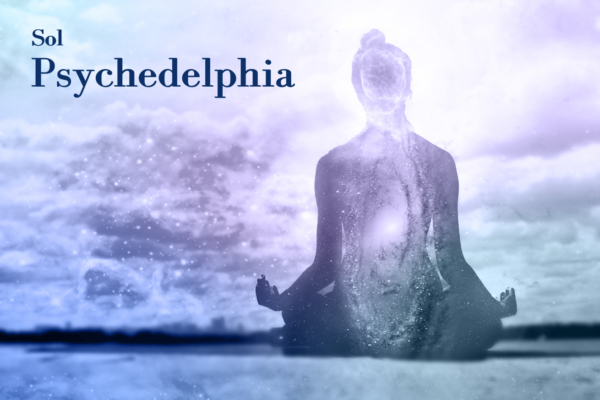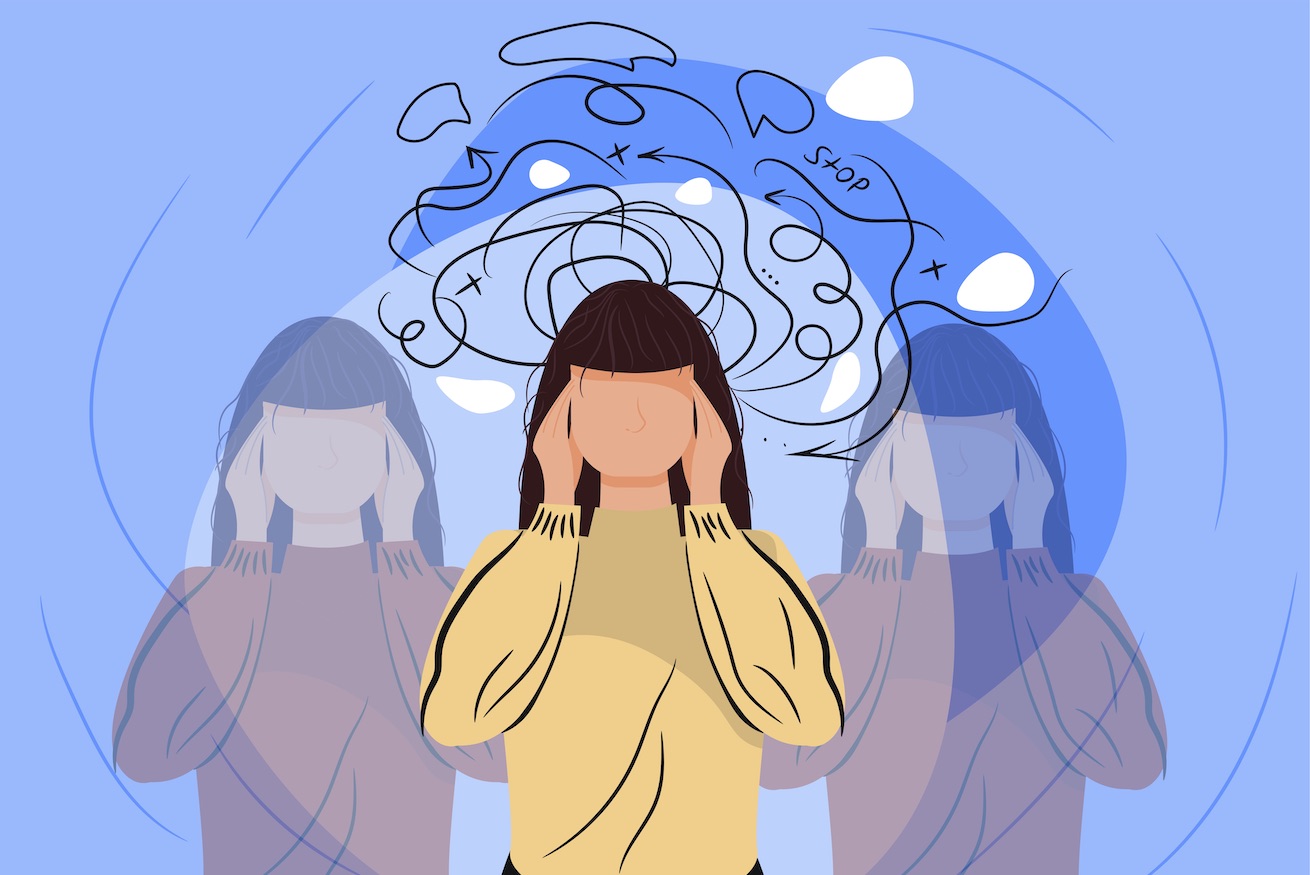
It is almost impossible for Australians to gain legal access to the therapeutic benefits that many psychedelic drugs are proving to hold. But one charity, Mind Medicine Australia (MMA), is working to ensure those suffering can access the innovative therapies they need.
MMA was co-founded in 2019 by entrepreneur Tania de Jong and her husband, investment banker and philanthropist Peter Hunt. “Our goal at MMA is to build an ecosystem to make psychedelic medicine and therapies available and accessible to people, regardless of their location or financial circumstances,” de Jong tells Psychedelic Spotlight.
MMA’s focus is on the clinical use of psychedelics, specifically psilocybin and MDMA, to address mental illness, but de Jong says this does not mean that the charity opposes the decriminalization of these drugs. “Focusing on treating people who are seriously ill is a better way to convince governments,” de Jong says. “We are working very hard with our governments to educate them and build understanding so that people realize how safe these treatments are, how effective they are, and how non-addictive they are. [Decriminalization] is just not our role.”
Hunt adds: “MMA was born from a deep desire to help make these therapies part of our medical system so that many more Australians suffering from debilitating mental illness, like depression and post-traumatic stress disorder (PTSD), could get well and realize the joy of life which should be available to all human beings. The medicine has been an amazing gift for Tania and I, and we want this gift to be available to all Australians in need.”
The Need for Psychedelic Medicines in Australia
Mental illness is a common problem in Australia, with one in five Australians, equal to 4.8 million people, experiencing a mental or behavioral condition in a given year, with 45% of Australians experiencing mental ill-health during their life. Tragically, nine Australians die by suicide every day, and it is the leading cause of death for Australians between the ages of 15 and 44. According to Lifeline, 75% of those who take their own lives are male, and at-risk populations include Aboriginal and Torres Strait Island peoples, rural populations, and the LGBTI+ community.
“There is a major mental health emergency in Australia, and it’s getting much worse due to the extended lockdowns and the anxiety and uncertainty that’s been created through the way that our governments are handling the [COVID-19] crisis,” de Jong says. “That’s led to a huge spike in mental health issues including, very sadly, suicides, attempted suicides, self-harm, addiction, domestic violence, and the number of people on anti-depressants and other psychiatric drugs. The waitlists for psychologists and psychiatrists are in some cases one to two years long.”
There is a growing body of evidence that psilocybin and MDMA have therapeutic benefits in treating various mental health conditions, including depression, PTSD, addiction, anxiety, and more. A psychedelic renaissance is occurring as researchers are now being given access to these drugs to address the global mental health crisis after decades of this being restricted.
de Jong says that this worsening crisis means it is more important than ever to have mental health treatments that work. “There’s been no innovation in these treatments for years. With this major spike in mental illnesses, we’ve got people crying out for a sense of connection and of oneness with themselves, others, the planet, and so on – psychedelic treatments provide that.”
Mind Medicine’s Four Pillar Approach
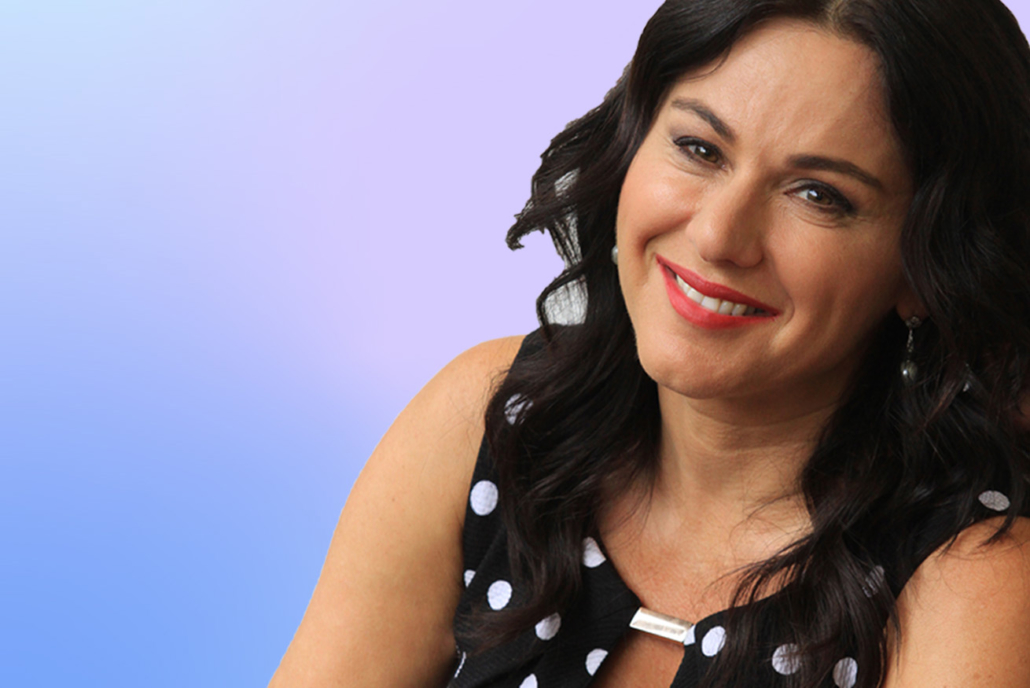
de Jong explains that MMA is pursuing its goal to provide access to psychedelic therapies through four key pillars: education and awareness, such as the funding of relevant research, a professional development program, development of the Asia-Pacific Centre for Emerging Mental Health Therapies, and providing access to medically-approval therapy through appropriate ethical and legal frameworks, including the rollout of clinics.
As part of its education and awareness pillar, the charity has more than 25 state and regional chapters. MMA is also holding a virtual international summit from November 17 to 20. The program features a line-up of talks, workshops, panel conversations, and a two-day pre-introductory workshop in psychedelic therapies. Speakers include Multidisciplinary Association for Psychedelic Studies Executive Director Rick Doblin, Director of Research at the Heroic Hearts Project Dr. Kate Pate, and researcher at Johns Hopkins University’s Center for Psychedelic and Consciousness Research Dr. William Richards.
Disconnection Between Federal and State Approaches to Psychedelic Medicines
Psychedelics such as psilocybin, MDMA, and DMT are currently classified as Schedule 9 prohibited substances in Australia, and access to these as medicines is only allowed on a case-by-case basis. Through the TGA’s Special Access Scheme, certain health practitioners can apply to access therapeutic goods such as medicines or medical devices that are not included in the Australia Register of Therapeutic Goods for a single patient.
However, de Jong says this system is not working because Australia’s states and territories, excluding Victoria, ban the use of psychedelics. “We have this ridiculous situation where our federal government is approving use on a case-by-case basis, but our states are blocking it,” she explains. “These states apart from Victoria have laws that prohibit the substances from being brought into those jurisdictions, and they don’t recognize medical exemptions to enable these patients to be treated. This is really sad because many of these patients are suicidal, and for many, this is their last hope because they have tried every other treatment.”
Improving Access to Psychedelic Medicines
Changing where psychedelic drugs are classified in the schedules is the most direct way for patients to gain access to psychedelic therapies because this would allow psychiatrists to use these drugs in combination with psychotherapy to treat a range of conditions, de Jong explains.
“Practitioners still have to get federal and state approval, so it’s hardly opening the floodgates, but rescheduling [psilocybin and MDMA] would make it much easier for the states to provide access,” she says. “It would force them to recognize that these are medicines rather than seeing them as terribly dangerous drugs. That’s where the stigmas, misinformation, and prejudice that have been around for such a long time do so much damage.”
de Jong adds that these medicines should never have been scheduled as prohibited substances in the 1970s. “It’s just insane that medicines that have been around since the beginning of human civilization have to go through this number of obstacles to become legally available to people who are suffering terribly,” she says.
In September 2020, MMA applied to Australia’s regulator, the Therapeutic Goods Administration (TGA), for psilocybin and MDMA to be downscheduled to Schedule 8 controlled drugs. The TGA first rejected MMA’s application in an interim decision in February, but following opposition by the charity, the regulator has decided to seek further advice concerning psilocybin and MDMA. This includes establishing an Independent Expert Review into the therapeutic value, risks, and benefits to public health that these substances could provide. The Independent Expert Panel’s report is expected to be published on September 30.
“After that report comes out, it will go back to their Medicine Committee who will then hopefully decide to reschedule these medicines into the proper schedule,” de Jong explains. “Schedule 4 (prescription only medicine or prescription animal remedy) would be more appropriate for it to be in, but for the moment, we’ve applied for Schedule 8.”
